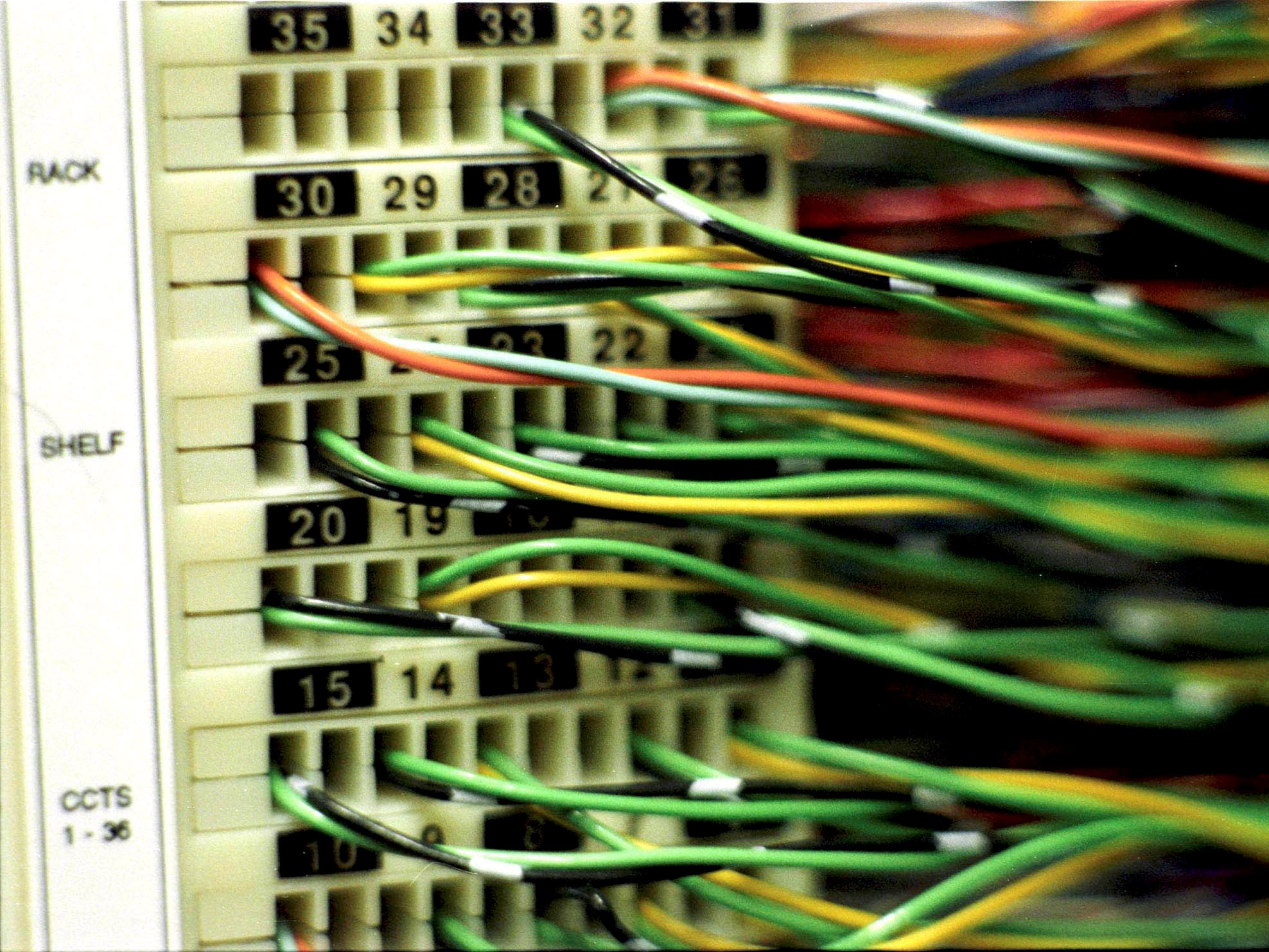Hey, ConDems! Leave our ISPs alone!
You can't trust politicians when it comes to net freedom

Remember the kerfuffle over the Digital Economy Bill, now Act, where the Lib Dems made a lot of noise about how evil it was and the Tories said they'd fix it?
No sooner were they in power than their objections magically disappeared, leaving ISPs facing the prospect not just of becoming copyright cops but paying for the privilege. And that's not the only Coalition issue Net users should be concerned about.
Plans to monitor all our online activity are back on the agenda, and to top that the government wants ISPs to become censors too.
Censors? Communications minister Ed Vaizey reckons the Internet needs a mediation service for disputed web content, citing an example where Google Street View showed the location of a women's refuge and didn't respond to complaints. "The fact that no meeting or dialogue could take place worries me greatly," Vaizey said.
What worries me is that Vaizey's idea doesn't make sense.
My ISP doesn't store Google Street View data; Google does. My ISP doesn't tend to store the offensive or inaccurate content that's posted elsewhere, either. Facebook does, or WordPress.com does, or Blogger.com does, or faraway forums do.
If UK ISPs don't host it, they can't remove it.
Get daily insight, inspiration and deals in your inbox
Sign up for breaking news, reviews, opinion, top tech deals, and more.
Ah, but Vaizey has thought of that. He wants the Government to broker "a conversation with the Internet industry… to discuss whether there is any way to remove access to that information."
Not "remove that information". Remove access to that information.
Censorship = a slippery slope
Rather than, say, reining in Google or telling Facebook to get a grip - something the European Commission thinks the UK doesn't do properly, which is why we're being taken to court by the Commission for failing to comply with EU privacy rules - the government wants our ISPs to start censoring.
I can't stress this enough: we're not talking about illegal information here. We're talking about information that allegedly breaches somebody's privacy, or that "is inaccurate". Bye, Facebook! See ya, Wikipedia!
We've been warning about this for years: getting ISPs to monitor content is a slippery slope, and as soon as you dump the carrier immunity argument - that is, the argument that ISPs provide dumb pipes and they're no more responsible for what we put through those pipes than BT is for what we say on the phone - then more and more people will demand they monitor more and more things.
Don't believe me? In 1999, ISPs became liable for users' defamatory postings after the Godfrey vs Demon court case. In 2002, the EU e-Commerce Directive made them liable for copyright infringement if they failed to act when informed of its presence on their servers.
In 2006, the Terrorism Act added "terrorist statements or articles" to the list. This year's Digital Economy Act added enforcement to ISPs' duties. Now, we're looking at privacy protection and enforcing online accuracy. What's next? Blasphemy?
------------------------------------------------------------------------------------------------------
Liked this? Then check out Google will be one node on a vast social web
Sign up for TechRadar's free Weird Week in Tech newsletter
Get the oddest tech stories of the week, plus the most popular news and reviews delivered straight to your inbox. Sign up at http://www.techradar.com/register
Writer, broadcaster, musician and kitchen gadget obsessive Carrie Marshall has been writing about tech since 1998, contributing sage advice and odd opinions to all kinds of magazines and websites as well as writing more than a dozen books. Her memoir, Carrie Kills A Man, is on sale now and her next book, about pop music, is out in 2025. She is the singer in Glaswegian rock band Unquiet Mind.
